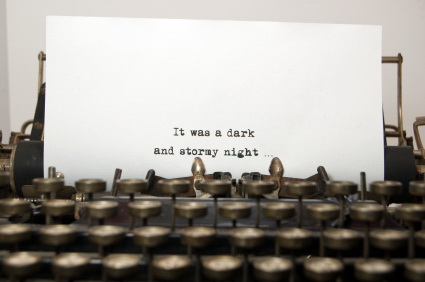 by Debbie Hodge
by Debbie Hodge
As I was developing the Story Coach lesson plan, I read and thought about scrapbooking and how to tell your story in search of stories that any of us could (and would want to) tell.
And then I found this advice from writer, teacher, editor William Zinssner who wrote Writing About Your Life. He said:
Yes. That’s it: tell the stories of the (perhaps small) incidents that resonate, still. The Story Coach series is set up around 11 stories that we’ll tell over the next 5 months, through prompts and writing guides that use those prompts. Not only will you get these stories told, surely you’ll have ideas for many more branches off of those stories. [twocol_one]Craft a memoir one story at a time. Fill your blog, journals, and scrapbooks with rich, well-paced storytelling that records your life. Story Coach shows you how to find stories that matter and then tell them with pacing and details that involve and satisfy readers.
Each Story Coach class includes: detailed journaling prompts for one story, a step-by-step writing guide that pulls the appropriate journaling prompts for you as you write, an example of this story written and put on a scrapbook page, and forum/gallery community and support. how the story coach process works Begin with prompted journaling. Enter your notes into your own Story Coach library online or use the printables and a pen or pencil. Working with StoryCoach #1 (play changes) I’ve got notes for 2 stories on this topic: one on my love of story and another about my love of puzzles. I can go back in and edit these notes, and I can add more stories. I’m also going to write a story about my husband’s love of bike riding and each of my sons’ hobbies. Next, Write the story using this paragraph-by-paragraph writing guide and your own prompted journaling. See here the printable and step 5 of this particular online story guide: it includes my brainstormed notes right alongside the instruction. I can send this to a printer or a pdf.

In “How to Write a Memoir,” William Zinssner writes: One of the saddest sentences I know is “I wish I had asked my mother about that.” Or my father. Or my grandmother. Or my grandfather. As every parent knows, our children are not as fascinated by our fascinating lives as we are. Only when they have children of their own—and feel the first twinges of their own advancing age—do they suddenly want to know more about their family heritage and all its accretions of anecdote and lore.
Get started now
Click here now and commit today to getting your stories written, one piece at a time.
[/twocol_one_last] [hr]
Click here now and commit today to getting your stories written, one piece at a time.



